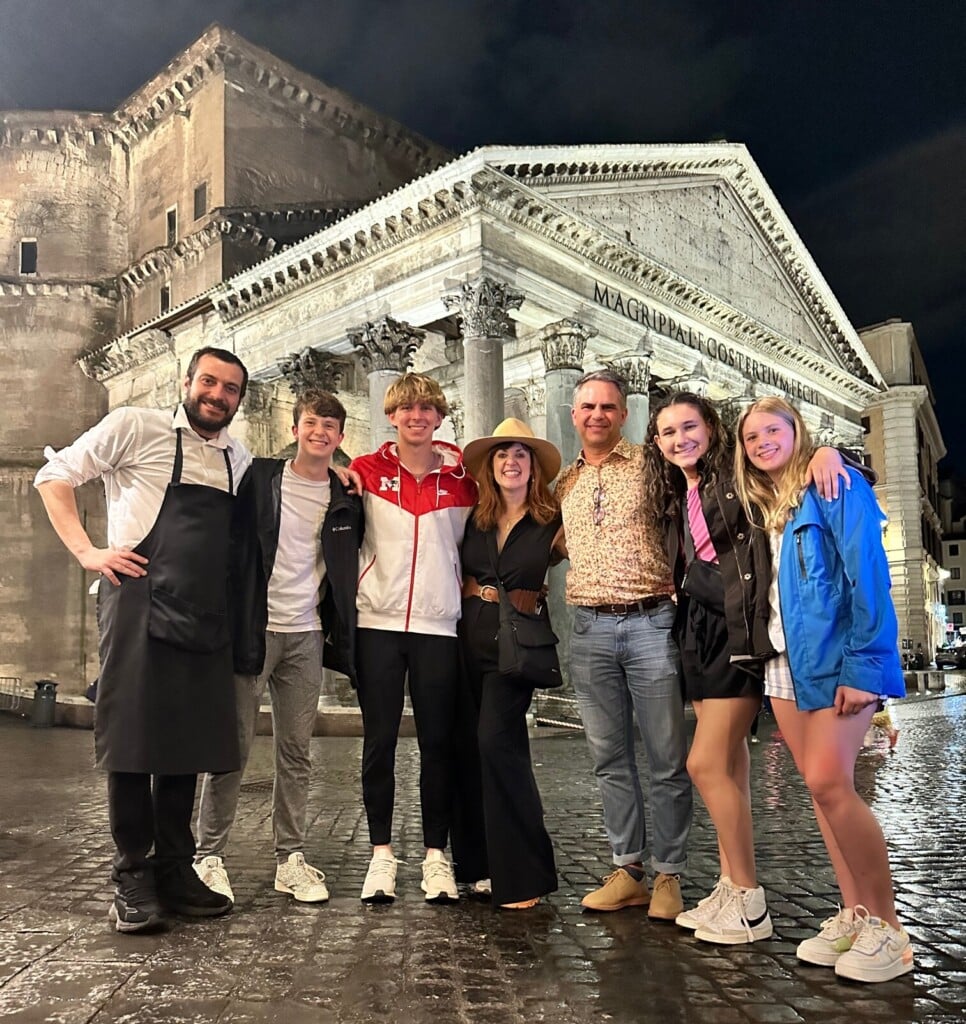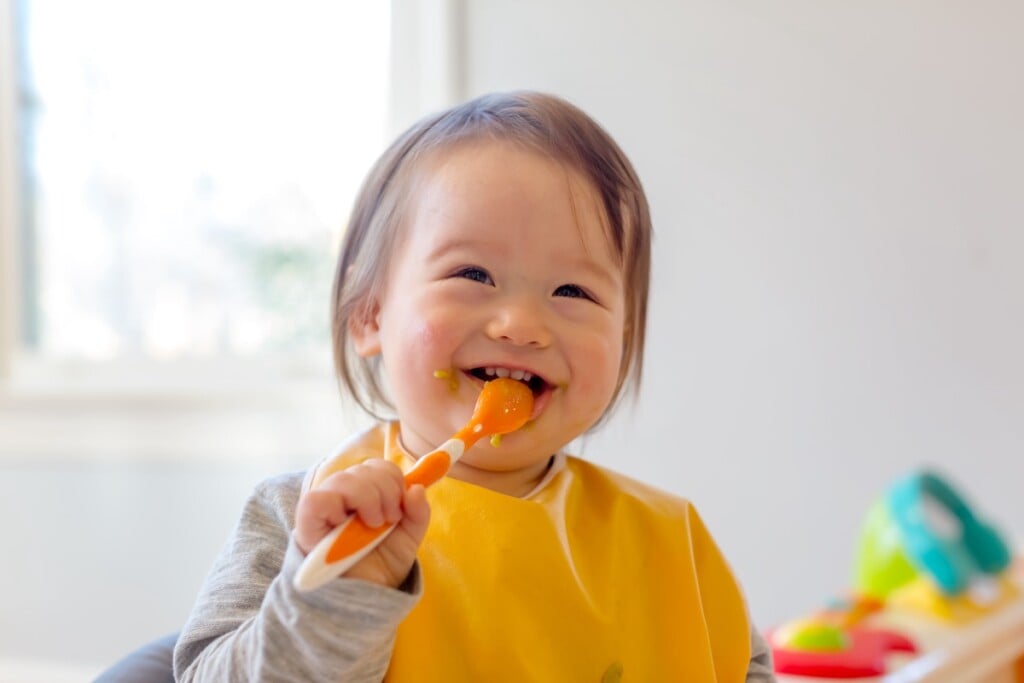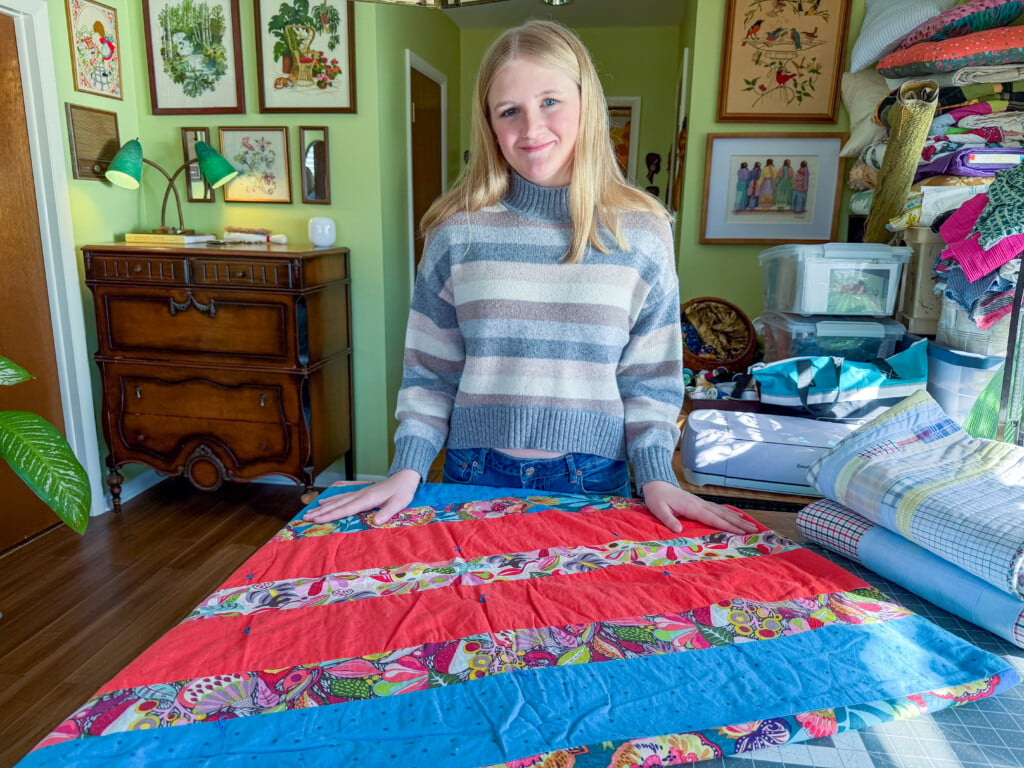Dr. Amy Emerson – A Heart Full of Hope

Having hope is a critical component to health. This fundamental pillar is backed by science, with studies indicating it as one of the single best predictors of well-being across a person’s lifespan. How can individuals foster and build hope for themselves and their family? That’s where local nonprofit Hope-Driven Parenting comes in. Dr. Amy Emerson serves as the director of Hope-Driven Parenting, an organization that provides resources, training and support to anyone on their parenting journey. In her career as a pediatrician, she has seen the power and science behind hope and how it helps individuals and families thrive. Dr. Emerson shares her thoughts about the importance of hope, the science behind it, as well as tips on how to overcome hope stealers.
She also provides details about the first Hope-Driven Parenting Summit in Tulsa on March 2, 2024. The event is free and open to the public with a childcare stipend provided.
TK: What is Hope-Driven Parenting?
Dr. Emerson: Hope-Driven Parenting is a program designed to empower parents and caregivers to raise thriving children who become healthy adults. Based upon the science of hope, the program consists of workshops, social media content, lectures and resources. Hope-Driven Parenting is the most recent program by Hope Rising Oklahoma and was created in response to requests we’ve received from community members across the state who are hearing about hope science and the amazing power of a hope-driven mindset. For several years, Hope Rising Oklahoma Summits have been hosted across our state, and our program joins the already-robust program, Hope-Driven Coaching.
TK: Tell us the purpose of the organization and how it benefits Tulsans and/or Oklahomans.
Dr. Emerson: We exist to support anyone on their parenting journey, and we are starting right here in Tulsa…but we are creating resources to be accessed by anyone, anywhere, anytime. Most parents and caregivers have moments when we feel overwhelmed and need help, and sometimes it’s easy to feel underqualified for what we know to be the most important job on the planet – nurturing children to become kind, responsible adults who thrive. We want to say to every Oklahoma parent: “You can do this! You may need resources, and we all need support, but you can take steps right where you are to be a better parent for your children, and we can help you on this journey.”
TK: Why is this organization close to your heart?
Dr. Emerson: Firstly, I’m a mom of four children, each of whom is very different. Even with all the tools I have at my disposal, being a mom is the hardest yet most satisfying “job” I have. Secondly, I’m a pediatrician who has a special interest in normal childhood development and brain growth, so I look at things from a scientific perspective, and I see the power of the science of hope. Lastly, through my involvement with the child welfare system, juvenile justice system and my general work with families, I see families are hurting like never before! Because of the universal trauma of the last few years and generational trauma we’ve experienced as Oklahomans, we are sitting in the midst of a crisis. Despite this, we can do the hard work of raising resilient kids who triumph over hard things.
TK: Why is having hope so important?
Dr. Emerson: There are over 2,000 studies that show HOPE is one of the strongest predictors of well-being for children and adults. When you envision a future that is better than your past and recognize that you have the power to make it a reality, it leads to better outcomes in all areas of your life. Studies tell us that people facing major health crises fare better, kids are more likely to graduate from school and do well in college, athletes are more likely to compete at higher levels…if they are hopeful! The most exciting thing for me, as a doctor, is that collectively, our community’s level of hope can help those in our midst who are experiencing abnormal difficulties. Strong support systems, like family units, school communities, faith-based communities and others, can help lift all of our children to lead better lives.
TK: Tell us a little about the science behind having hope.
Dr. Emerson: There are three main components of the science of hope. The first is goal setting, which is common for most of us, but when you’re hopeless, it’s hard to dream of a better tomorrow. The second component is pathways, which are the strategies for pursuing a goal and overcoming adversity. The third component is willpower, the ability to work toward the goals we set for ourselves. A person with low hope is missing one or more of those components. Anyone can measure their hope score and see areas in which they need extra support. Individuals with higher hope report a greater sense of well-being.
Many times we, as parents, don’t take the time to think about what our goals actually are. We are often in a constant state of moving from one stress to the next with no real focus. This creates a sense of chaos and frustration. Some people are really good at knowing what they want, but if they lack the ability to create traction in meeting their goals, it can feel disappointing or overwhelming. And others, while they may have the ability to focus on achieving a goal, if they are left without pathways or mechanisms to reach their goal, it can feel as though they are stuck in a helpless – or hopeless – situation. Hope science shows us every person can grow their personal hopefulness by setting and meeting attainable goals. This, in turn, can lead them toward bigger goals and ultimately a better future.
TK: Can you share an example of the impact Hope Rising has made and how you have seen improvement as a result of this organization?
Dr. Emerson: A great example is helping a mom recognize how much her own childhood trauma was interfering in her parenting journey. Her goal was to yell less at her children and have a more predictable response to them in moments of stress. By listing small, daily goals and ways (pathways) to achieve them, she began to see small successes, which allowed her to feel strong enough to start leaning into relationships with other moms in her school community for support. This lessened her personal emotional load and surrounded her with community. She was then able to work with a therapist. Arriving at this level of vulnerability took intentional work. She and her children are now thriving, and she’s helping other moms overcome obstacles in their own lives.
TK: What are some common examples of hope stealers? What tips can you share for parents on how to overcome them?
Dr. Emerson: Anything that depletes our mental energy can be a hope stealer! Hopefulness requires willpower, and when we are mentally and physically tired, our willpower is lacking. One hope-stealer is allowing our families to become overcommitted to activities, which can make us fatigued mentally and physically. Our society has created an expectation that kids need to be enrolled in all kinds of activities, yet studies show children need more opportunities for free play and activities that support their connection to us as parents. Trading out the commitment of an organized team sport for occasional playtime at a local park and a nightly habit of dinner with family might be a healthy decision, depending on your family’s goals.
Unstructured screen time is another hope stealer. As studies show, scrolling social media can make many of us feel more anxious, which also depletes us of mental energy. The CDC reports that kids ages 8-18 now spend over seven hours a day in front of a screen, on average (not counting time spent on screens in school). This limits physical activity, time for outside play with friends and time spent on relationship building and learning conflict resolution skills with family. Again, if we start by defining our goals, we begin to see what activities and pathways are leading us to our goals….and what pathways are leading us in the opposite direction.
TK: Tell us more about the free Parenting Summit in March.
Dr. Emerson: We are so excited to host our first Hope-Driven Parenting Summit in Tulsa on March 2. It will be from 9 a.m.-1 p.m., and a stipend for childcare will be provided. Drs. Chan Hellman and Angela Pharris will join me in speaking. Any parent, foster parent, grandparent or individual who works in the early childcare world is invited to join us. Our goal is to introduce the Science of Hope and provide helpful tools and tips that parents can implement immediately. We will also make parents aware of many hope-building community resources that are available to them. If anyone would like to be featured, they are welcome to email me at aemerson@hoperisingoklahoma.org for details.
TK: What else would you like to share?
Dr. Emerson: One of the most practical ways to build hope and foster connectedness today in your own family is book sharing. Our friends Jessica Hogaboom and Scott Pennington at Union Public Schools have put together a great collection of book recommendations that illustrate concepts of Hope. (sites.google.com/view/unionhopehub/hope-in-books) These can be easily checked out from the TCCL library or even viewed together on YouTube.
Growing hope in your family is not difficult. Anyone, at almost any age, can raise their own levels of hope and, in so doing, share their hope with others.
Dr. Hellman and Dr. Emerson are launching a Hope-Driven Parenting podcast soon. They will feature information on the science of hope and its application in all areas of life.
Sharing Passion and Purpose: To listen to the full interview with Dr. Emerson as well as learn some key strategies to cultivate gratitude and boost hope, go to the podcast at sharingpassionandpurpose.com.
Hope-Driven Parenting Summit
Saturday, March 2
To register for the FREE event, go to hoperisingoklahoma.org/hope-driven-parenting or follow us on social media (@HopeDrivenParenting) for more information and to access the sign-up link.
Check out Hope-Driven Parenting online at hopedrivenparenting.org;
Facebook and Instagram: @HopeDrivenParenting; @HopeRisingOklahoma; @HopeDrivenCoaching
 Nancy A. Moore is a Public Relations Coordinator at Montreau, Adjunct Professor at Tulsa Community College, and has been writing for TulsaKids for almost 20 years.
Nancy A. Moore is a Public Relations Coordinator at Montreau, Adjunct Professor at Tulsa Community College, and has been writing for TulsaKids for almost 20 years.




